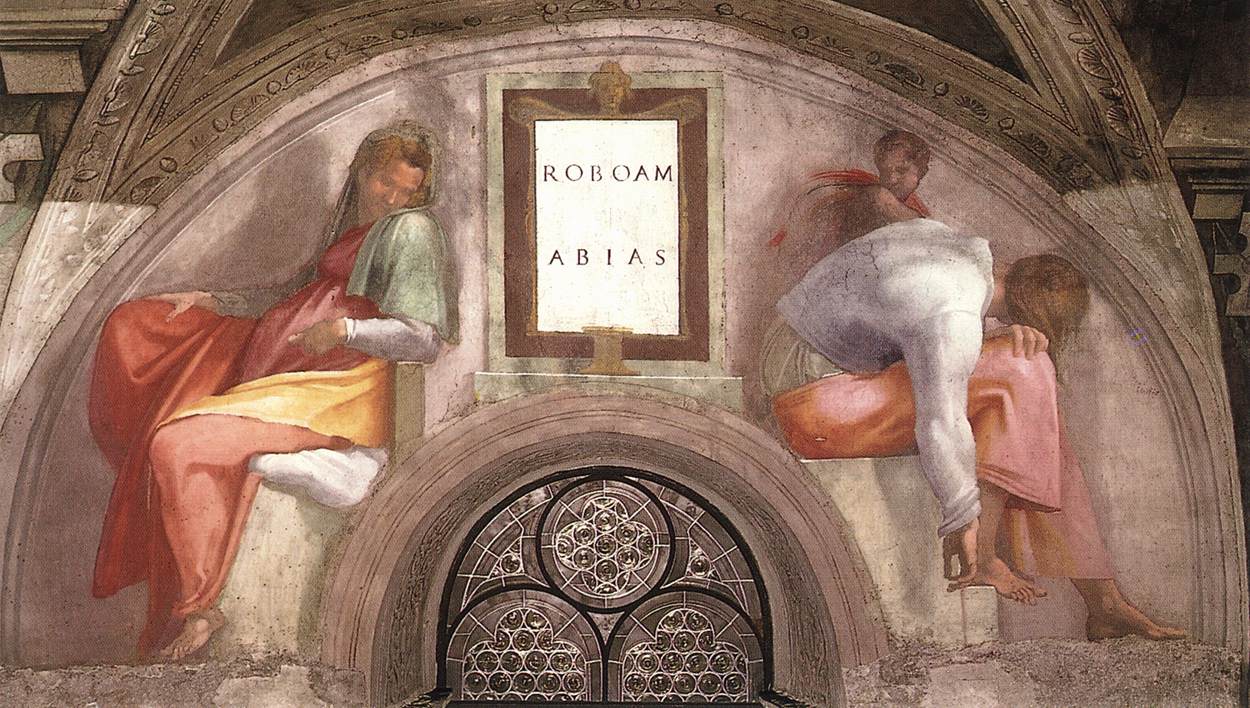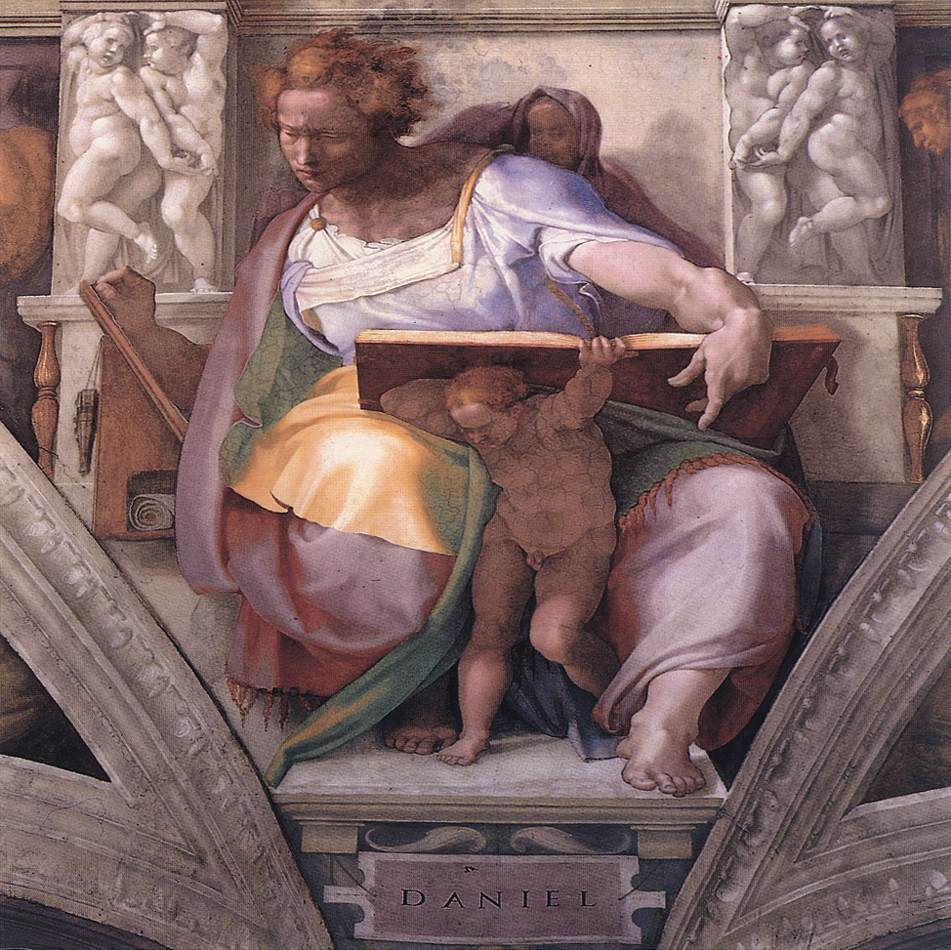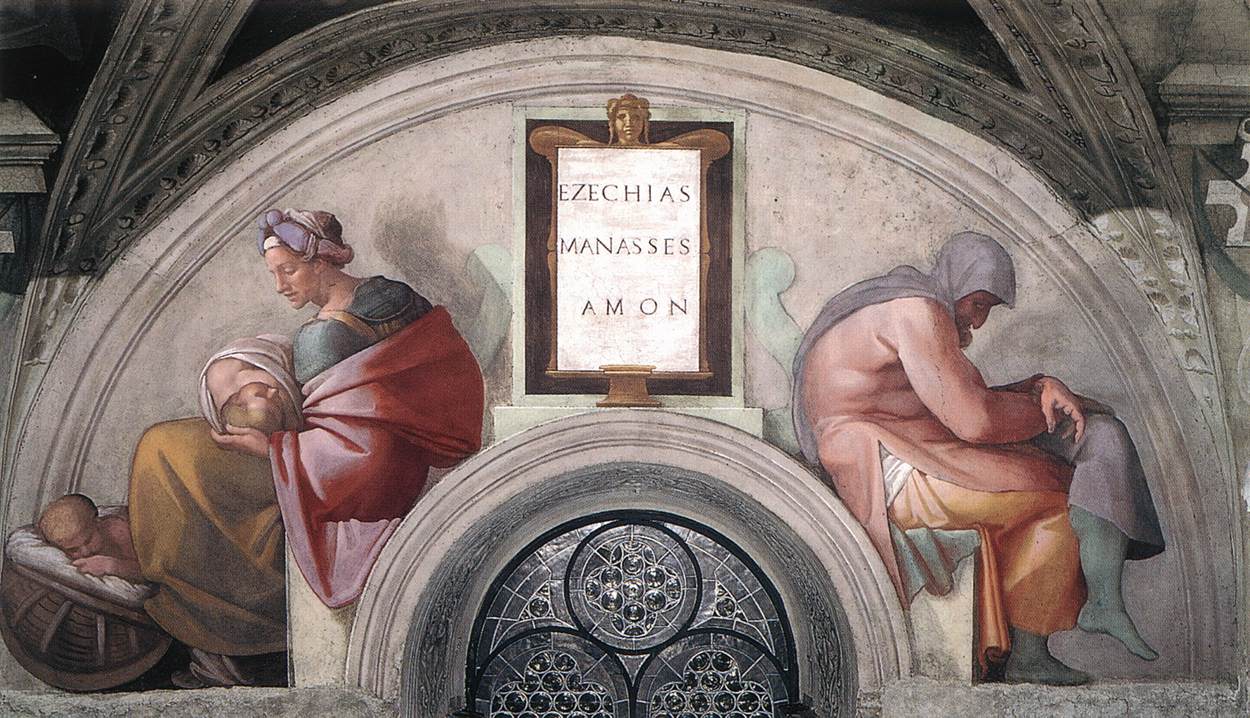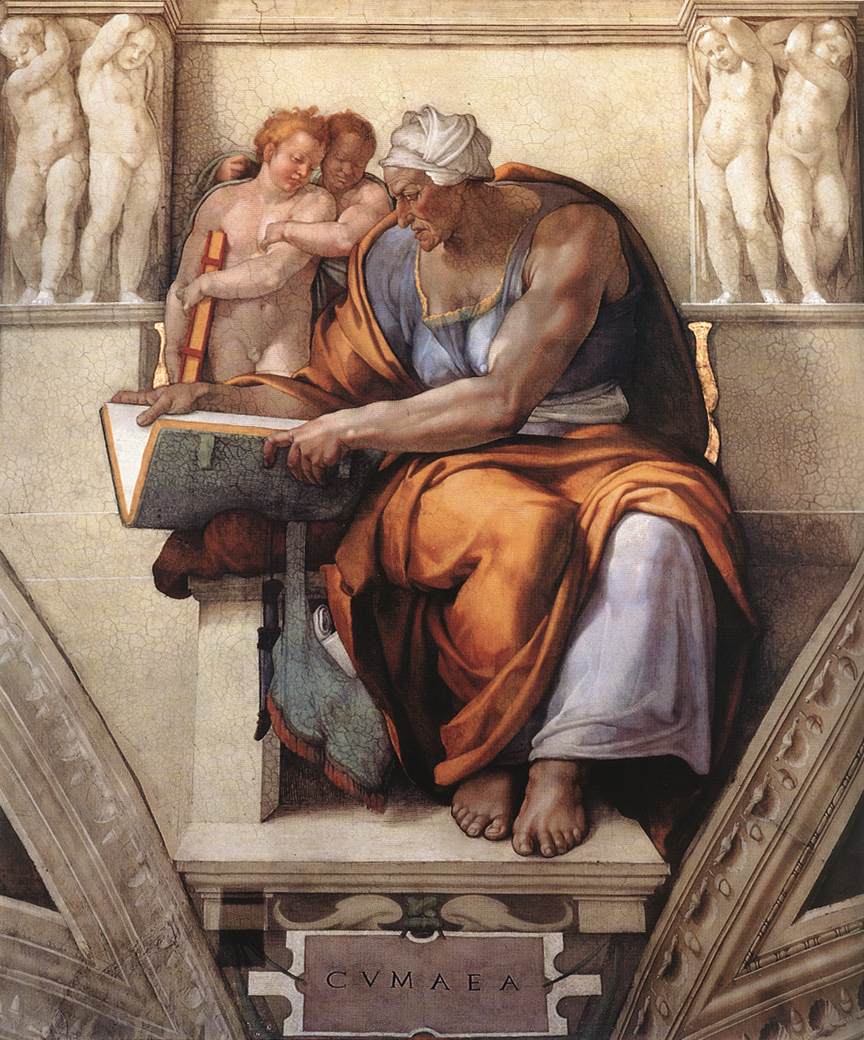 |
Huntington Library
Book of Los
Plate 1, Copy E
|
Dr Robert John Thornton for whom Blake had engraved woodcuts to illustrate his book translating Virgil for use with children, later tried his hand at translating the Lord's Prayer from the original Greek. Thornton published a booklet in 1827 which he titled The Lord's Prayer, Newly Translated from the Original Greek, with Critical and Explanatory Notes. Perhaps with encouragement from his friend John Linnell Blake annotated a copy of Thornton's translation. The flavor of Blake's comments is indicated by his comment on the title page:
"I look upon this as a Most Malignant & Artful attack upon
the Kingdom of Jesus By the Classical Learned thro the
Instrumentality of Dr Thornton The Greek & Roman Classics is
the Antichrist I say Is & not Are as most expressive & correct
too" (E 667)
Annotations to Thornton, (E 668)
THE LORD'S PRAYER, (Translated from the Greek,) by Dr. Thornton.
Thornton: "Come let us worship, and bow down, and kneel, before the LORD, OUR MAKER Psalm xcv.
O FATHER OF MANKIND, THOU, who dwellest in the highest of the HEAVENS, Reverenc'd be THY Name!
May THY REIGN be,
every where, proclaim'd so that
THY Will may, be done upon the
Earth, as it is in the MANSIONS of HEAVEN:
Grant unto me, and the whole world, day by
day, an abundant supply of spiritual and
corporeal FOOD:
FORGIVE US OUR TRANSGRESSIONS against THEE, AS WE extend OUR
Kindness, and Forgiveness, TO ALL:
O GOD! ABANDON us not, when surrounded, by TRIALS;
But PRESERVE us from the Dominion of SATAN: For THINE
only, is THE SOVEREIGNTY, THE POWER, and THE GLORY, throughout
ETERNITY!!!
AMEN."
A Comment from Thornton:
"Men from their childhood have been so accustomed to
mouth the LORD'S PRAYER, that they continue this through
life, and call it .'Saying their Prayers.'"
Some of Blake’s Comments:
"It is the learned that Mouth & not the Vulgar"
"Lawful Bread Bought with Lawful Money & a Lawful Heaven seen
thro a Lawful Telescope by means of Lawful Window Light The Holy
Ghost cannot be Taxed is Unlawful &
Witchcraft."
"Spirits are Lawful but not Ghosts especially Royal Gin is
Lawful Spirit No Smuggling British Spirit & Truth"
"His Accusation shall be Forgiveness that he may be consumd in his own Shame"
"Thus we see that the Real God is the Goddess Nature & that
God Creates nothing but what can be Touchd & Weighed & Taxed &
Measured all else is Heresy & Rebellion against Caesar - Virgils
Only God"
"So you See That God is just such a Tyrant as Augustus Caesar
& is not this Good & Learned & Wise & Classical"
"Give us the Bread that is our due & Right by taking away
Money or a Price or Tax upon what is Common to all in thy Kingdom"
Blake's Prayer:
"Jesus our Father who art in Heaven calld by thy
Name the Holy Ghost
Thy Kingdom on Earth is Not nor thy Will
done but Satans Will who is the God of this World The Accuser
Give us This Eternal Day our
own right Bread & take away Money or Debt or
Tax as we have all things common among us
Every Thing has as much right to Eternal Life as God who is the
Servant of Man
Leave us not in Parsimony
but liberate us from the
Natural Man & want or Jobs Kingdom
For thine is the Kingdom & the Power & the Glory & not
Caesars or Satans Amen."
Morton Paley in his book Traveller in the Evening: The Last Works of William Blake, included a section on Blake's reaction to Thornton's Lord's Prayer.
He states:
"Blake, who could read New Testament Greek and at least some Hebrew, regarded the meaning of the Bible not as the province of scholars but rather as something to be intuited. In Thornton's proposal for an entire new translation, he saw only an opportunity for priest and king to subject the Bible, and especially the most uncompromising doctrines of the New Testament, to the language of accommodation. For Blake the life of the spiritual and earthly kingdoms were distinct, though linked, and projects like Thornton's were an attempt to blur the distinction."
Paley points to this passage in Blake's letter to Cumberland as expressing Blake's attitude toward entering one's 'own Eternal House' by 'Leaving the Delusive Goddess Nature.' This Blake sees to be God's will which will be done 'on earth as it is in Heaven.'
Letters, To Cumberland, (E 92)
"Flaxman is Gone & we must All soon follow every one to his
Own Eternal House Leaving the Delusive Goddess Nature & her Laws
to get into Freedom from all Law of the Members into The Mind in
which every one is King & Priest in his own House God Send it so
on Earth as it is in Heaven
I am Dear Sir Yours Affectionately
WILLIAM BLAKE"

%2C_volume_1%2C_facing_page_124.png)














